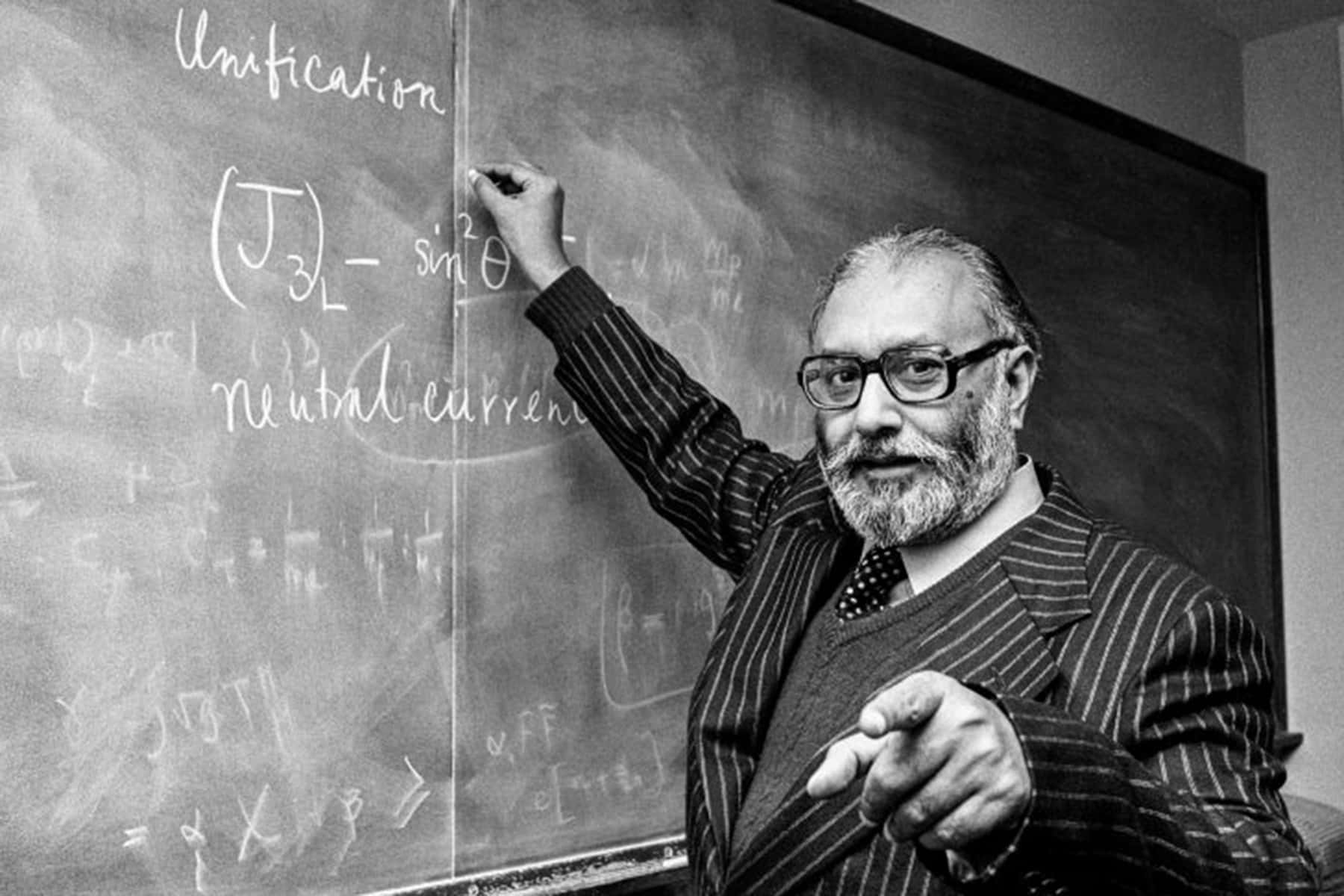According to a recent report released by the Human Rights Commission of Pakistan, there has been an alarming increase in cases of enforced disappearances of women in Balochistan. Human rights observers have noted that the absence of an explicit legislation criminalizing enforced disappearances in domestic law only aggravates the situation. This reflects the increasing suppression of the Baloch people by the Pakistani security forces which has perpetually denied the Baloch of their fundamental human rights including the right to life, freedom of expression, and freedom from torture.
The Human Rights Commission of Pakistan (HRCP) has released a detailed report after conducting a fact-finding mission to Balochistan.
Titled ‘Balochistan: neglected still’, the report states that Balochistan continues to be short-changed politically
Incidents of enforced disappearances continue. In most cases, victims’ families say they are afraid of communicating their cases to the authorities. A disconcerting trend is that of women being ‘disappeared’ in certain areas, such as Dera Bugti and Awaran. Yet these cases tend not to be reported or recorded.
HRCP investigation also revealed that hundreds of coal-mines are being operated by people who possess neither the financial resources nor the technological skills to provide for operational safety or deal with emergencies.
The mission found that security agencies impose an unofficial security charge on per ton production from coalmines, which mine owners and labour unions alike deemed extortion.
The HRCP believes that the level of the Frontier Corps’ presence in Balochistan and its degree of control undermines provincial government and civilian administration. The unwarranted involvement and permanent presence of security personnel in educational institutions like Balochistan University must also end.
The HRCP strongly feels that the provincial government and civilian administration must run the affairs of the province without any undue interference, said the report. In addition, a law that criminalizes enforced disappearances, punishes the perpetrators and compensates victims’ families must be enacted expeditiously, suggested the report.


